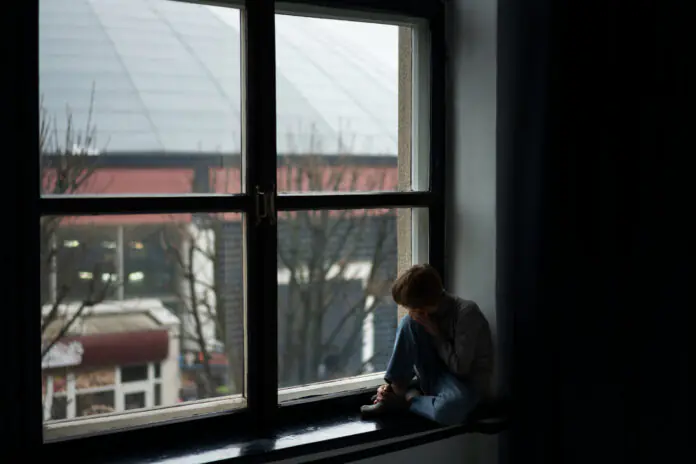UK faces a dual challenge: Keeping warm and managing costs as loneliness deepens
A significant portion of the UK population is grappling with the dual pressures. They have to deal with staying warm, high cost of living and dealing with the profound impacts of loneliness. The UK is dealing with all these issues amid the loneliness crisis.
Recent surveys indicate that around 60% of adults express concern about keeping their homes warm during the colder months. This is a slight increase from previous figures. This concern mirrors the struggle faced by approximately a quarter of adults. They reported difficulties in maintaining a comfortable temperature at home.
The cost of living crisis continues to be a major source of anxiety. Around 75% of adults express worry over rising expenses, marking a slight uptick from prior assessments. This financial strain is contributing to a broader sense of uncertainty about the future. Half of the population is unsure about what lies ahead.
Amid these challenges, the spectre of loneliness looms large, affecting almost a quarter of the UK population. The link between loneliness and adverse health outcomes is well-documented. Some studies suggest that the effects of loneliness can be as harmful as smoking 15 cigarettes a day. This social isolation not only exacerbates the stress of financial and environmental hardships but also poses a significant risk to physical and mental health, underscoring the urgent need for comprehensive support and intervention.
Despite these concerning trends, there is a silver lining in the form of slight improvements in personal well-being indicators. The latest period has seen marginal increases in life satisfaction, feelings of accomplishment, and happiness, coupled with a decrease in average anxiety levels. These positive shifts, however slight, offer a glimmer of hope in the face of ongoing challenges.
As the UK navigates these complex issues, high cost of living, loneliness crisis etc, the importance of addressing loneliness as a critical component of public health and well-being strategies becomes increasingly apparent. With winter’s chill deepening and the cost of living on the rise, the need for community support, policy intervention, and individual resilience has never been more pressing.
